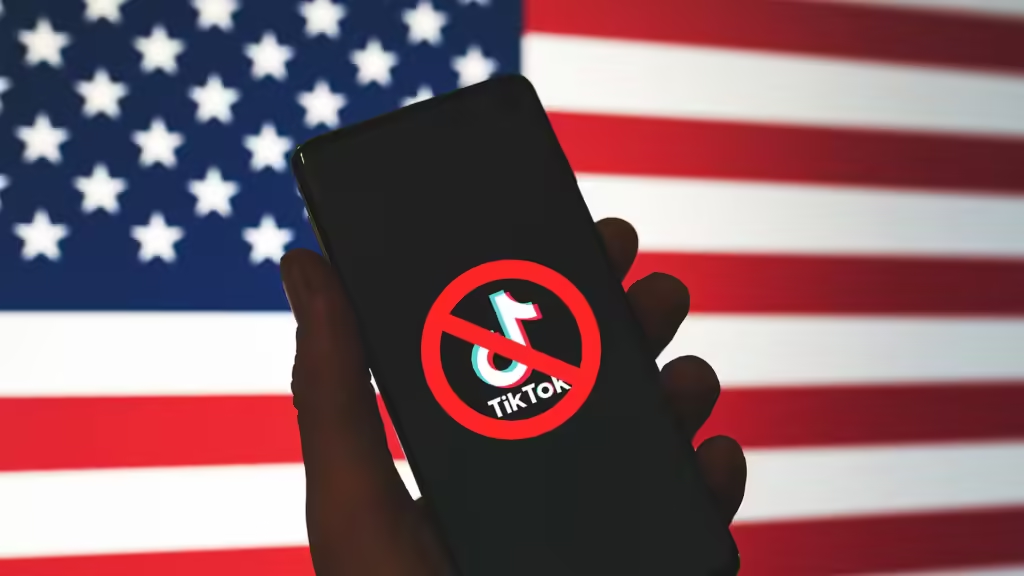ByteDance, the owner of the social media site TikTok, has launched a lawsuit against the United States government in an attempt to thwart a legislation requiring it to divest from its US holdings.
Lawyers for ByteDance filed the case in the US Court of Appeals in Washington, DC, on Tuesday, alleging that the statute was “obviously unconstitutional.”.

President Joe Biden signed the legislation less than two weeks ago, on April 24, as part of a package that included foreign funding to Ukraine and Israel, as well as humanitarian help for Gaza. According to the legislation, ByteDance has nine months to sell its US-based operations. Its deadline is January 19, with a three-month extension available if a sale is in progress.
However, in its lawsuit, ByteDance claims that divestiture will not be achievable within the timeframe specified – “not commercially, not technologically, not legally.”It also claims that it is being unfairly targeted by a legislation that violates the First Amendment to the United States Constitution, which guarantees free expression.
“For the first time in history, Congress has enacted a law that subjects a single, named speech platform to a permanent, nationwide ban, and bars every American from participating in a unique online community with more than 1 billion people worldwide,” the complaint states. While ByteDance maintained that it had no plans to sell TikTok, its famous video-sharing software, it stated that doing so would be impossible under the law. Millions of lines of code would have to change hands, according to the complaint, and any potential owners would need access to ByteDance’s algorithms to keep it running, which is also prohibited by law.
“There is no question: the Act will force a shutdown of TikTok by January 19, 2025, silencing the 170 million Americans who use the platform to communicate in ways that cannot be replicated elsewhere,” the complaint stated.
ByteDance has long denied providing information to the Chinese government about its US users and publicly vowed not to, dismissing concerns as “speculation.” The lawsuit also alleges that the company spent $2 billion to protect US users’ data and settled under a draft 90-page “national security agreement” with the US government.
TikTok has been targeted by the US government for nearly four years amid ongoing tensions between Washington and Beijing. For example, in 2020, former President Donald Trump signed an executive order banning video streaming, citing national security concerns. But a judge rejected the ban, saying officials “failed to take clear and appropriate steps before banning TikTok.” States have also tried to ban the app, most notably Montana.
In April 2023, Governor Greg Gianforte signed the first bill, SB 419, in favor of TikTok and an app store operating within the state’s borders. But it’s unclear how Montana plans to implement the law, which was quickly challenged in court. Montana’s SB 419 was originally scheduled to take effect on January 1, but a federal judge ultimately blocked the bill, giving ByteDance another win. The state attorney has vowed to appeal.
Many independent commentators predict that the April federal law, which forces ByteDance to halt its US operations, will do the same. Jameel Jaffer, executive director of the Knight First Amendment Institute at Columbia University, told The Associated Press that he expects ByteDance to win Tuesday’s lawsuit.
“The First Amendment means that the government cannot restrict Americans’ access to ideas, information, or media from abroad without good cause, and there was no such case here. ,” Jaffer said in a statement.China has taken similar action against US companies such as Meta, whose platforms WhatsApp and Threads were ordered removed from Chinese app stores due to national concerns.

